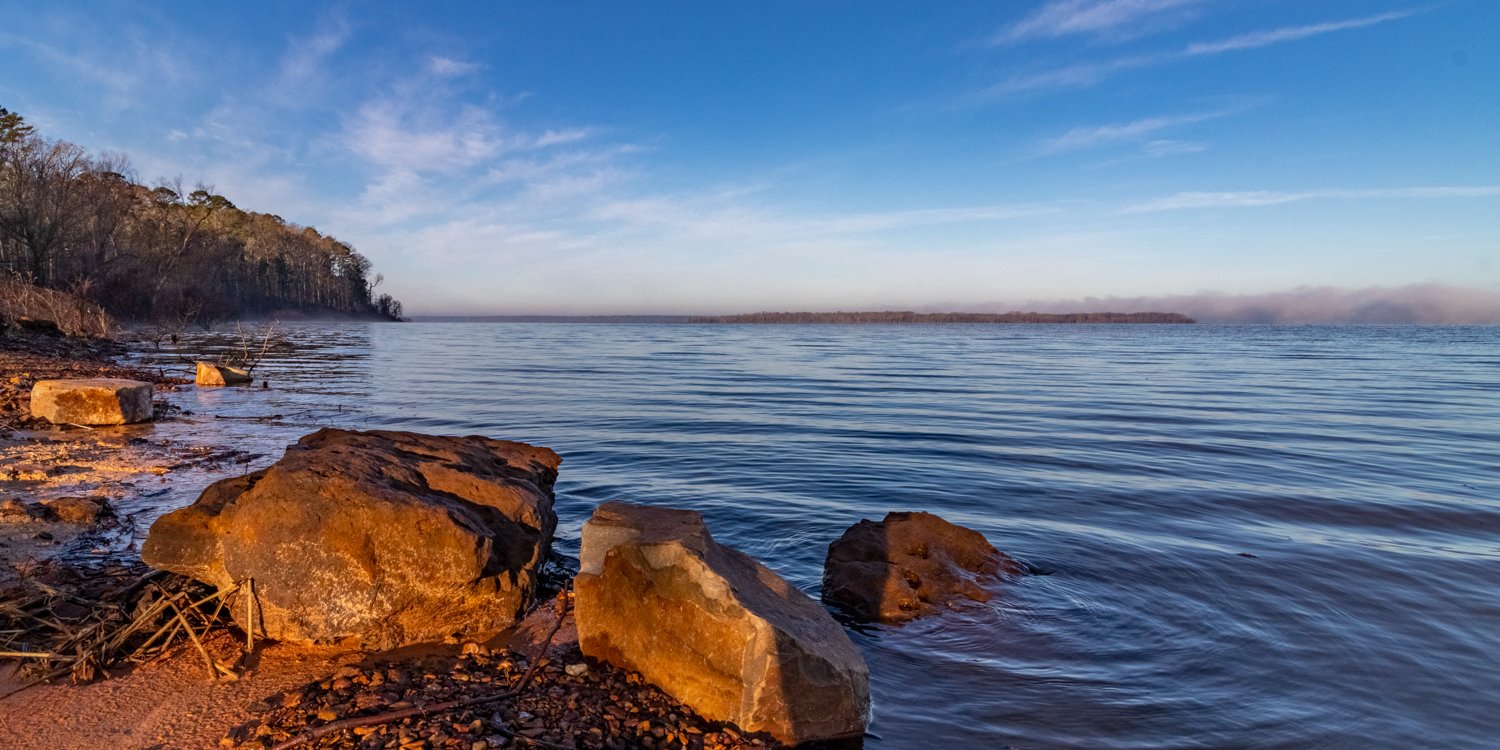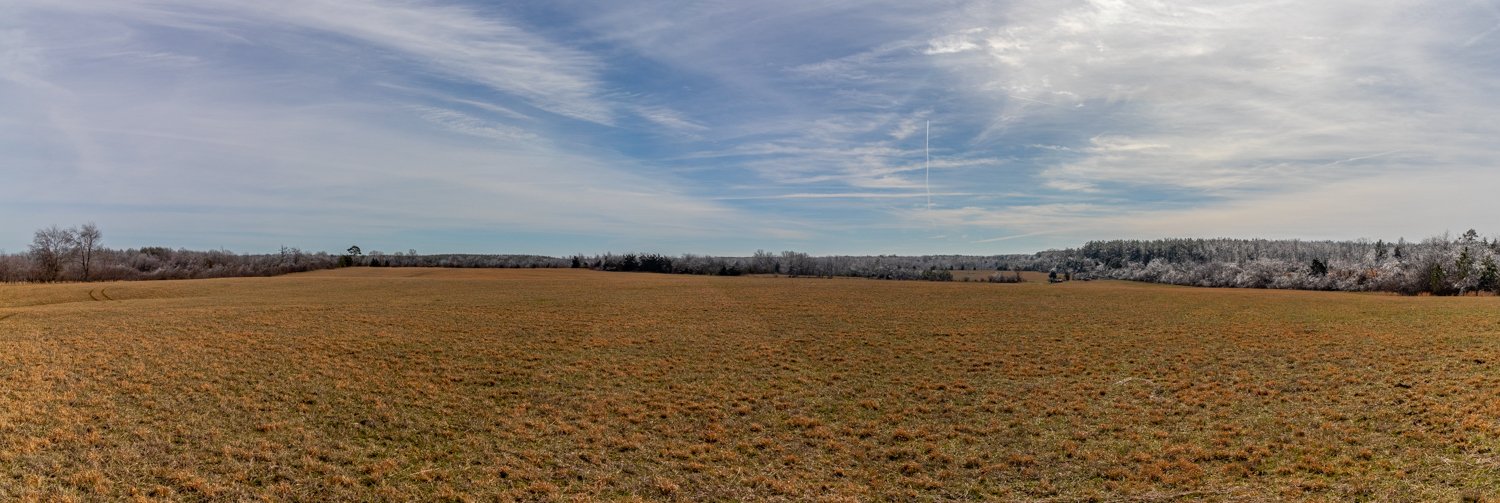Tips for Taking Panoramic Real Estate Photographs
Panoramic Real Estate Photography
Panoramic photography is a technique that allows photographers to capture images with a wider field of view than traditional photographs. It involves taking multiple images of a scene and then stitching them together to create a single panoramic image. In this blog, we will discuss the basics of panoramic photography, equipment needed, shooting techniques, and post-processing tips.
Panoramic Drone Real Estate Photography
Basics of Panoramic Photography
Panoramic photography is all about capturing a wider angle of view. To achieve this, the photographer takes multiple shots of a scene while panning the camera horizontally or vertically. The images are then merged together to create a single panoramic image. Panoramic photography is ideal for landscapes, cityscapes, architecture, and any other scene where the photographer wants to capture a wider angle of view.
Equipment Needed for Panoramic Photography
The equipment necessary for panoramic photography is relatively simple. You will need a camera with manual controls, a tripod, and a panoramic head. A panoramic head is a special tripod head that allows you to rotate your camera around a specific axis. This makes it easier to take multiple images of a scene without moving the camera.
When choosing a camera, it's important to look for one with a high resolution and good dynamic range. This will allow you to capture more detail in your panoramic images. A tripod is necessary to keep the camera steady while taking multiple shots, and a panoramic head will make it easier to rotate the camera and take consistent shots.
Shooting Techniques for Panoramic Photography
When shooting panoramic images, it's important to follow a few basic techniques. Firstly, you should always shoot in manual mode. This will allow you to control the exposure settings and ensure that each image in the series is consistent.
Secondly, you should use a wide-angle lens. A wide-angle lens will allow you to capture a wider angle of view in each shot. This is important for panoramic photography because it allows you to capture more of the scene in each image.
Thirdly, you should overlap each image in the series by around 30%. This overlap will make it easier to merge the images together during post-processing.
Fourthly, you should use a level to ensure that your camera is perfectly horizontal or vertical when taking each shot. This will ensure that the images are consistent and that the final panoramic image is level.
Finally, you should take your time when shooting panoramic images. It's important to be patient and take the time to capture each shot correctly. This will result in a higher quality final image.










Post-Processing Tips for Panoramic Photography
After taking your panoramic shots, you will need to merge them together using post-processing software. There are several software options available, including Adobe Photoshop, PTGui, and Hugin. Each software has its own strengths and weaknesses, so it's important to choose one that works best for you.
When merging the images together, it's important to ensure that they are aligned correctly. You can use the software to align the images automatically, or you can align them manually if necessary. Once the images are aligned, you can merge them together to create a single panoramic image.
After merging the images, you may need to adjust the exposure, contrast, and color balance. This is done in the same way as with traditional images. However, it's important to keep in mind that the final image is much larger than a traditional photograph, so adjustments may take longer to process.
Finally, you should save your final image as a high-resolution file. This will allow you to print the image at a large size without losing any detail. You should also save the original images in case you need to make any further adjustments in the future.
How Can Panoramic Photography Be Used in Marketing
Panoramic photography can be a powerful marketing tool for businesses in various industries. Here are some ways that businesses can use panoramic photography in their marketing efforts:
Real Estate: Panoramic photography can be used to showcase the interior and exterior of homes, apartments, and commercial properties. Potential buyers can get a more immersive view of the property, which can increase interest and engagement.
Tourism: Panoramic photography can be used to showcase popular tourist destinations, such as beaches, landmarks, and cityscapes. This can help attract more visitors and give them a better idea of what to expect.
Hospitality: Panoramic photography can be used to showcase hotels, resorts, and other hospitality venues. This can help potential guests to get a better sense of the property and amenities, which can lead to more bookings.
Retail: Panoramic photography can be used to showcase retail spaces, such as stores and shopping malls. This can give potential customers a better idea of the layout and merchandise, which can increase foot traffic and sales.
Event Spaces: Panoramic photography can be used to showcase event spaces, such as wedding venues and conference centers. This can give potential clients a better idea of the layout and capabilities, which can lead to more bookings.
Automotive: Panoramic photography can be used to showcase the interior and exterior of cars, trucks, and other vehicles. This can give potential buyers a more immersive view of the vehicle, which can increase interest and engagement.
Healthcare: Panoramic photography can be used to showcase healthcare facilities, such as hospitals and clinics. This can help potential patients get a better idea of the layout and capabilities, which can lead to more appointments.
Conclusion
Panoramic photography is a great way to capture wide-angle views of landscapes, cityscapes, architecture, and more with the right equipment. It gives potential customers a more immersive view of a business or product. By showcasing a wider angle of view, businesses can increase interest, engagement, and ultimately, sales.



